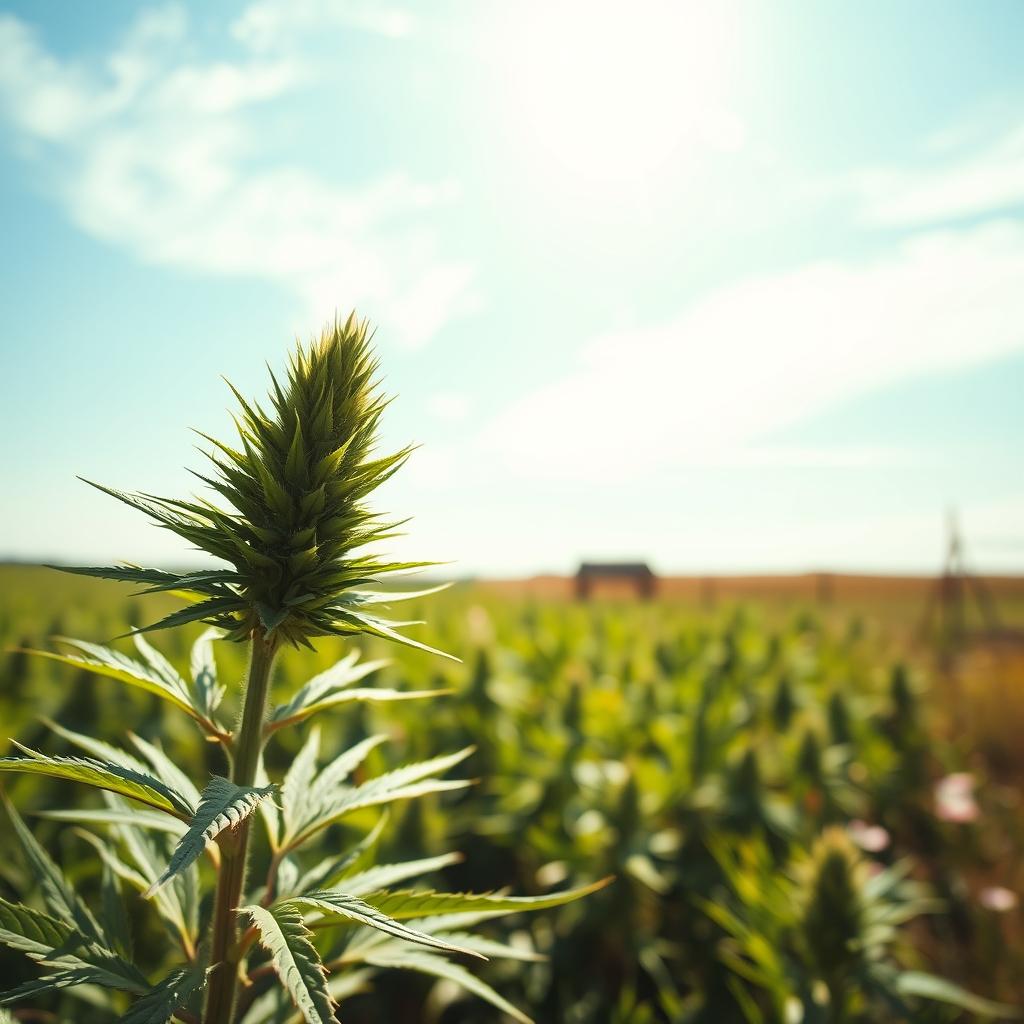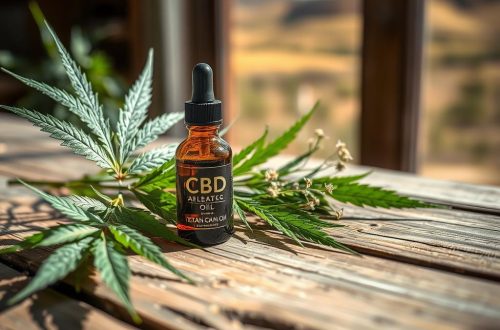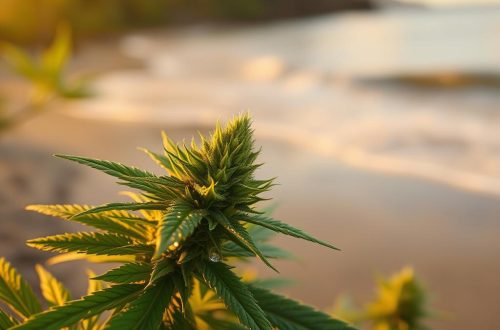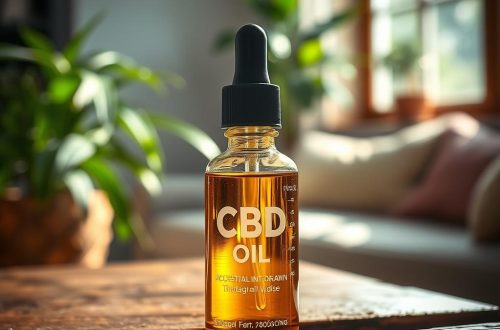CBD is a relatively novel compound, and as such, reviewing legal documents governing its use is quite similar to making one’s way through an intricate labyrinth. Many people living in Texas must have come to ask the question of whether the use of CBD in that state was allowed. This is because CBD is a legal product but there are very fundamental aspects of legality which every consumer of CBD has to be aware of. As for the legality of this practice, everything is dependent on the kind of CBD in question and the level of one particular tetrahydrocannabinol; Delta 9 THC. Here is a comprehensive guide to using CBD in Texas within the scope of the law provided for residents who need to follow this advice.
Answering the Question: Availability of CBD In Texas
Sure, one can legally sell cannabidiol in Texas, provided the CBD comes from hemp and does not exceed 0.3% of Delta 9 on a dry weight basis. Texas’ hemp regulations revolve around this underlying principle. The legal products are called hemp because they do not exceed this threshold of THC; dwennoutrine otherwise is considered as marijuana, still banned for non-medicinal/recreational consumption in the state. The intention of this legal system was to bring the state law in conformity with the federal one. This would mean for the customers, you can get a range of things from CBD oils, tinctures or edibles or even topicals and can possess those without having to obtain a license or prescription. Though it also on you as an individual to make sure that the purchased products are compliant with the 0.3% THC threshold. And this clarifies the purpose of ascertaining the origin and potency of the Cannabidiol products you wish to buy. Therefore, though technically affirmative, if asked “Can you use CBD in Texas?” in answer, then yes but be wary.
Roots of Texas CBD and Its Legislative Structure: Federal and Texas Specific Changes
People cannot immediately explain the current situation with CBD policies in Texas. It was a process that took culmination of actions at the national and state level. The explanation as to why ‘CBD anywhere in Texas’ is clear lies in the enactment of these two laws.
2018 Society’s Perspective on Marijuana or So Called Farm Bill: The Federal Green Light From the American Government
It was a long time ago but centuries stood before known acronyms as presently they are understood: the 2018 Farm Bill. This includes inclusion of the federal parliamentary system and only such abolishment of hearing bans cigarette title violations issues with the geography. The legal component of the bill defined hemp as any Cannabis sativa L. plant having Delta 9 tetrahydrocannabinol (THC) concentration in its parts, which is less than 0.3 percent. These legal tobacco cigarettes were otherwise weed. In doing so, the government decided to separate hemp from marijuana by allowing the growth and use for other purposes of industrial hemp and its by-products. This is the bill that enabled Texas and other states to work on the development of their local legislation concerning the regulation of hemp and CBD.
Texas House Bill 1325: Bringing Hemp Home
After the change in the law Texas’s Governor Greg Abbott also took the federal stance and in June 2019 signed House Bill 1325. This law sanctioned the growing, possessing, and marketing of hemp and by-product of hemp, such as CBD all within the provided state limits. The definition used was the same as the federal one and noted specifically, any product with less than 0.3% Delta 9 THC is accepted. With the House Bill 1325, Texas passed the legislation that enabled the creation of a comprehensive regulatory framework with the managing role of the Texas Department of Agriculture (TDA) for the producers, while for the retailers and producers – it is the Texas Department of State Health Services (DSHS). This bill is the most significant factor answering the issue of is CBD legal in Texas with even horrific outcomes, in a very specific sense legal, for the consumers.
Understanding the rule within the 0.3% THC cap
Delta 9 THC content is the only determining factor on whether a certain CBD product is legal in the state of Texas stipulations or not. Look at the 0.3% margin as the distinguishing line that cannot be crossed. Legal hemp will be to the left of the located line, and illegal marijuana will be to the right of the same located line. Any strain of the Cannabis plant, regardless of the classification, even produces the compounds called cannabinoids including cannabidiol (CBD) and tetrahydrocannabinol (THC) amongst others. CBD does not have any psychoactive effects; however, THC is said to be the active ingredient in marijuana causing users to get high. Texas law is clear, the concentration of Delta 9 THC must be up to 0.3%. This is important to specify because various other THCs like Delta 8, Delta 10, etc., fall into a legal grey area (as will be discussed later). In Texas, if a product is going to be placed on a shelf, its lab reports must confirm that the Delta 9 THC level does not exceed the above limit in any way. For everyone who still insists on asking, ‘is CBD legal in Texas’, the most important point is the 0.3% rule.
In Texas, Is Hemp And Marijuana Du Jour Two of A Kind?
The distinction of hemp and of marijuana is the starting step that breaks consumer confusion. Within the same species of plant ‘Cannabis sativa,’ the difference in their legality and composition is huge in Texas. Law, however, differentiates them only through THC content. Therefore, these differences are well-illustrated:
| Characteristics | Hemp | Marijuana |
|---|---|---|
| Delta 9 THC Content | Equal to or less than 0.3% | More than 0.3% |
| State of Texas in Terms of the Law | Permitted to grow, sell and carry | Prohibited otherwise; permissible for special cases (TCUP) |
| High CBD content | High THC content | |
| Takes one high? | Takes one unintoxicated | Takes one high (“high”) |
It is really important to understand this table in order to specifically understand if and where, CBD is legal in Texas. When you buy a CBD product, you are essentially buying hemp which has been selectively bred so that it contains high amounts of CBD and trace amounts of THC. This is probably the biggest reason why there is zero grey area about CBD being illegal in Texas, assuming that it is incorporated into approved hemp products.
Types of CBD Products And Their Legal Status in Texas
The Texas market is full of various CBD products. All of them should contain the basic:
- Oils, Edibles, and Topicals with CBD
This is the most popular and clearly legalized form of CBD in the state of Texas. Provided, the end product contains no more than 0.3% of Delta 9, you are allowed to purchase, trade and store them legally. This includes:
- Oils and Tinctures that Contain CBD: Placed under the tongue.
- Edibles that Contain CBD: Gummies, chocolate, drinks and tablets.
- Topicals containing CBD: The use of creams, balms or lotions on the body surface.
When it comes to these products, the question ‘is CBD legal in Texas’ is not challenging at all. Many CBD specialized stores, smoke shops, and even some supermarkets and convenience stores are already stocking these items, which are legal.
The Issue of Smokable Hemp Flower
There has been a lot of debate on the legality of smokable hemp flower in Texas. For instance, the House Bill of 1325 may have allowed the production and consumption of hemp, a consequent regulation from the DSHS sought to impose a ban on the production, processing, and/or sale of smokable hemp goods within the territories of Texas. The measure was highly contested and was also the subject of a series of lengthy and costly legal battles by the relevant industry plaintiffs. Up till the end of 2025, however, the ambiguity regarding the situation persists. The Texas supreme court has acted on the issue; however, in short whichever way, consumers are free in consuming or possessing hemp flowers yet vendors there are prohibited from selling them. This situation is equally confusing. Even though it’s legal to possess smokable hemp flower within Texas, it may still be impossible to purchase it from a Texas store. This is one of the areas where authority’s decision on the question “is CBD legal in Texas?” depends on what you play, buyer or seller.
The Greying Areas of Delta 8 THC and Other Cannabinoids
For instance, such cannabinoids as Delta 8 THC raise another legal conundrum. Delta 8 is chemically comparable to Delta 9 THC, yet usually, it is obtained from non-psychoactive hemp. It brings light hijinks, hence boosting its usage among people. However, the DSHS sought to deem Delta 8 a Schedule I controlled substance and this means that it will be prohibited. Currently, the ruling faces many legal battles where temporary injunctions and court orders flip the current status of Delta 8. This instability poses a significant risk to its purchasers. Is CBD Legal in Texas? It is quite important to note that the legal status of Delta 8 and other cannabinoids like these remains unresolved. A possession of such products comes with a legal responsibility. As for the question – is CBD legal in Texas – it is best to use CBD products which contain less than 0.3% of Delta 9 THC and devoid of these compounds due to their complex legal status.
Factors to Consider When Purchasing CBD in Texas
Because the open market is pretty much full of loopholes, consumers will have to bear the responsibilities of safety and legality by themselves. The following tips will guide you on buying CBD in Texas without compromising your safety and intelligence as a consumer.
Locating Trusted Sellers
Buy CBD from sellers who firstly understand the product and who provide information openly. If the retailer is good, then they should know how to answer the questions arising about the origins of the goods and their properties, the tests performed on the goods and their results. Do not buy CBD in gasoline stations, flea markets and other suspicious locations only if you can ensure the quality of the product yourself.
Checking the Contents: State of Texas Guidelines
Texas statutes set forth that all edible hemp derived products permitting sale within the boundaries of the state must be accompanied with an embedded QR code and/or cord that leads to a COA. The COA, i.e., Certificate of Analysis, is a type of report which is issued by an independent laboratory describing the chemical profile of their product in terms of cannabinoids. Here are the details that one should search for within the COA:
- Cannabinoid Concentration: Check the levels of Delta 9 THC. It should either be in the ‘ND’ (Non-detectable) category or in a range that does not exceed 0.3%.
- Lab information: The third-party laboratory’s report must not be from an in-house, affiliated or non-accredited lab.
- Batch number: Be sure the COA has the same batch number that appears on the product package.
Do not buy CBD products without the COA unless you are willing to assume the risks. This report is the only evidence related to the safety and legality of the said product. It is the best way out for those who want to validate the claim that the particular CBD product that you want to use is legal in Texas.
FAQs
Is it necessary to have a prescription to buy CBD oil in Texas?
Not at all. In Texas, you can buy hemp CBD products with less than 0.3% THC content and for that, you don’t even need a prescription or a medical card. Texas Compassionate Use Program (TCUP) is a different program and it is a very tight medical marijuana program for such products with greater amounts of THC and only selected patients with qualifying conditions are even given this program.
What is the minimum age for purchasing CBD in Texas?
The Texas law does not impose any minimum age for buying CBD statewide but most of the retailers have a tendency that they only sell to those who are either 18 or 21 years of age. Therefore, it is prudent to expect that the minimum age requirement for the purchase of CBD products is 18 years.
Can I transport CBD within the state of Texas?
You can travel within the borders of Texas with CBD products that are legally accepted.
Will consuming CBD legally in Texas affect my drug testing results?
Possibly. Drug tests usually focus on THC instead of CBD. There is a little THC (0.3%) in the full spectrum of legal CBD products. Accumulation of such small quantities of THC is, in theory, feasible, meaning that they might lead to a positive result over time. If one gets tested for THC, the use of THC-free broad-spectrum and pure CBD isolate will be most appropriate.
Final Word
And so, after considering all the available information, is CBD legal in Texas? Well yes, and how should one bag roll it? The product has to be of hemp origin and should not have more than 0.3 percent of the Delta 9 THC by weight. The federal and state laws enacted have allowed Texans to consume a plethora of products. On the other hand, the turbulences as regards the law that regulates smokable hemp and other substances including but not limited to Delta 8 cannabinoids inhibit the consumption of these product’s features. Depending on this is called the Certificate of Analysis (COA). It is a fact that third party lab evaluates such products and issuing a lab report is one way to ensure those products are not only safe but more importantly, lawful in Texas.






